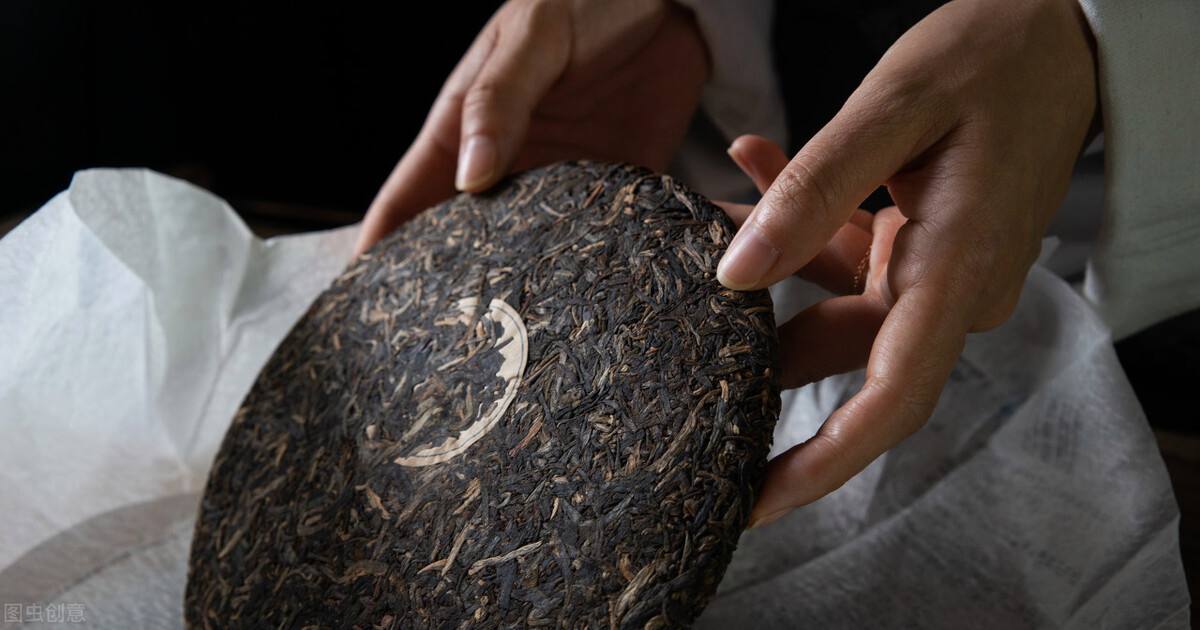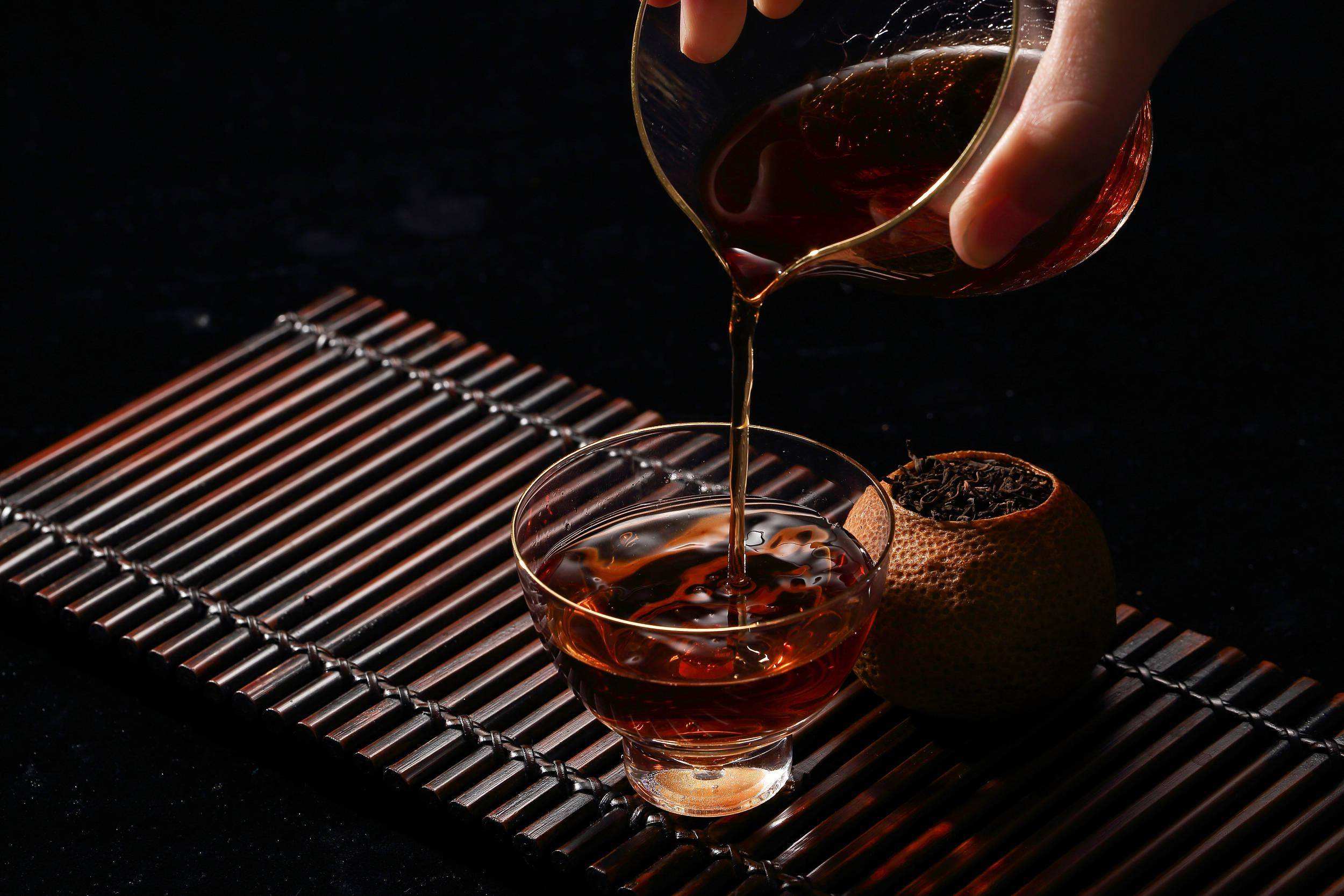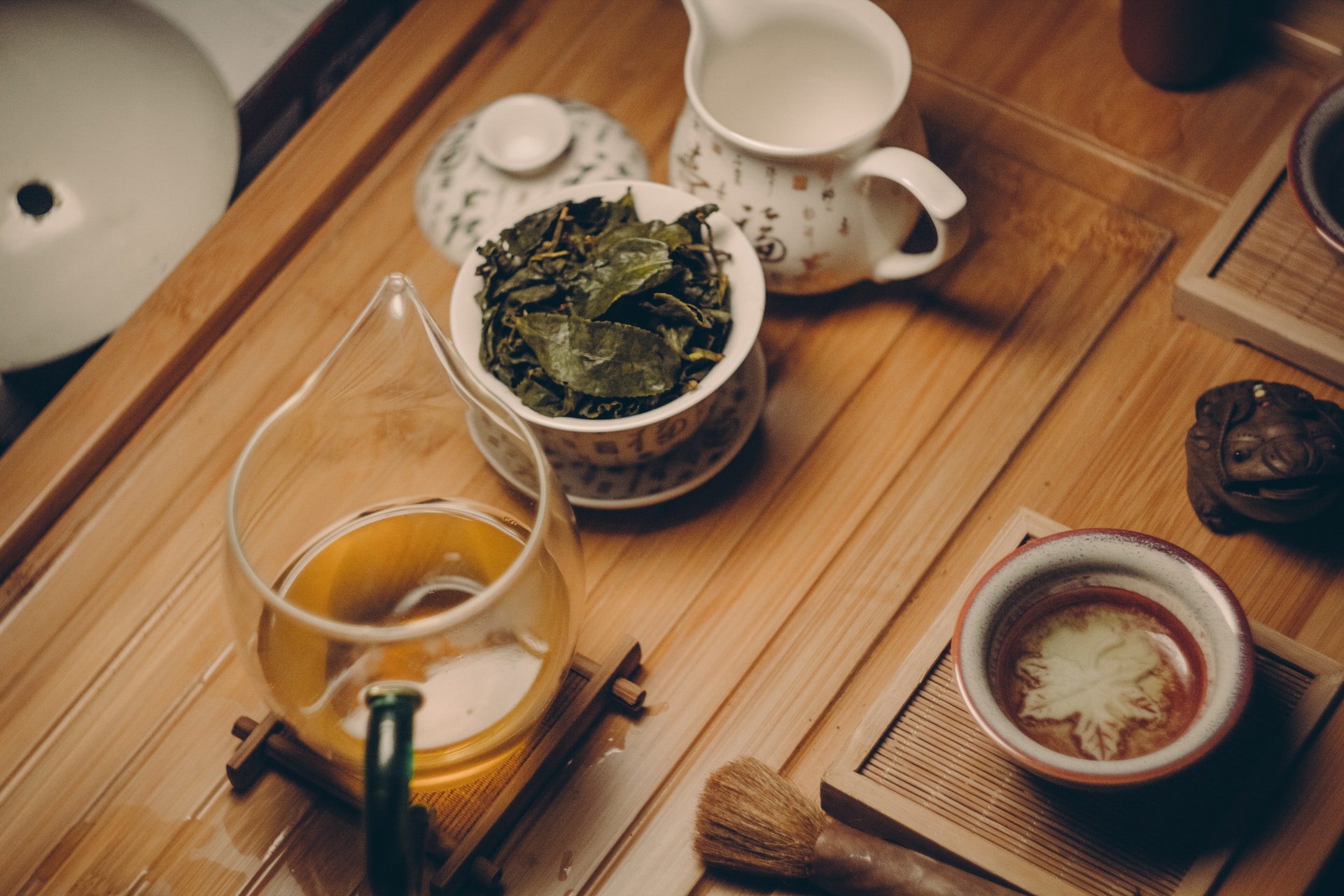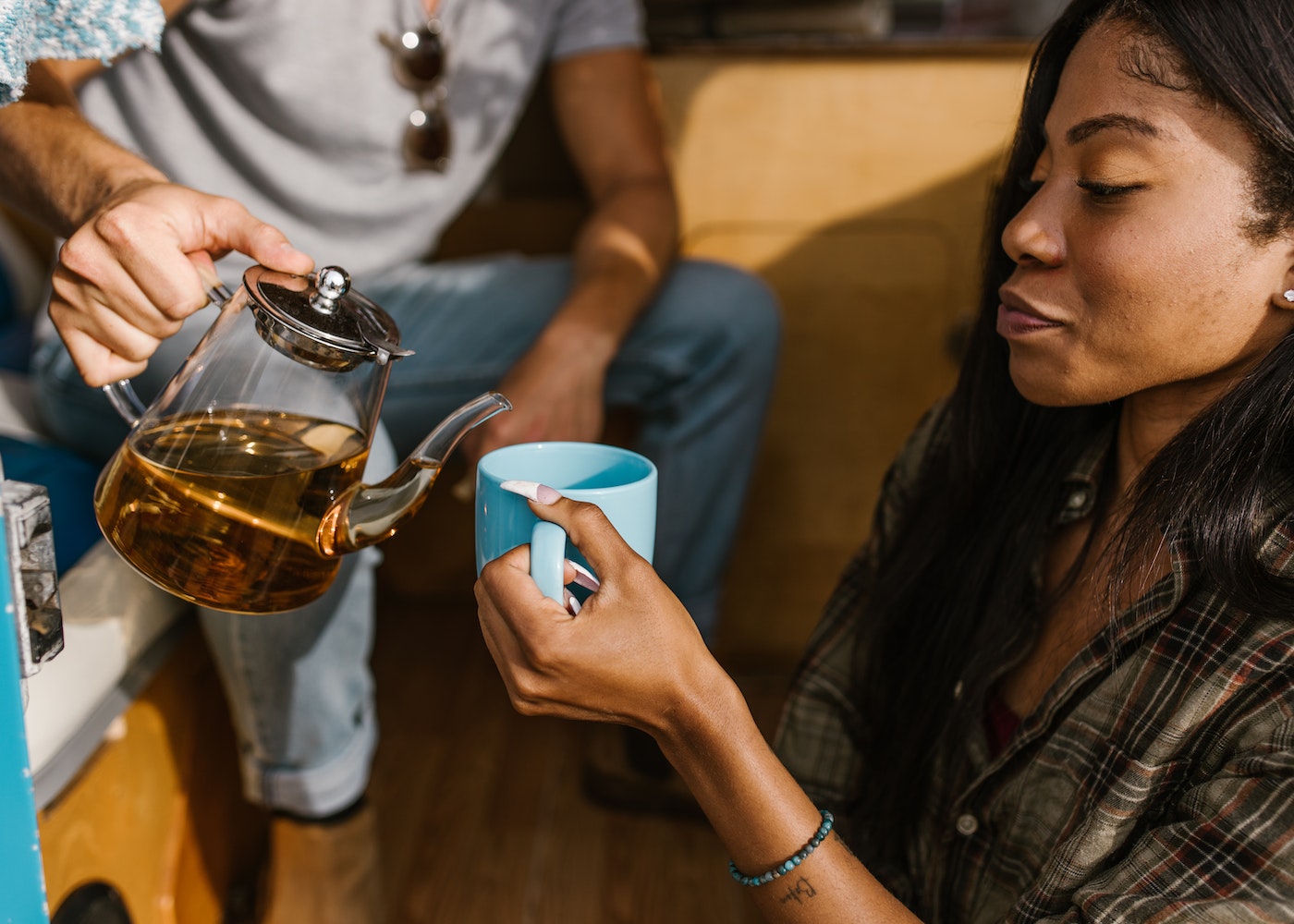Puer tea is a traditional Chinese tea that has been consumed for centuries due to its many health benefits. It is made from the leaves of the Camellia sinensis plant and is known for its rich, earthy flavor and smooth taste. Puer tea is also reputed to help with weight loss, digestion, and blood sugar control, among other things. However, like any natural remedy or supplement, Puer tea may have side effects that can arise from its consumption.

What is Puer Tea?
Puer tea, also known as Pu-erh, is a fermented tea made from the leaves of the Camellia sinensis plant. It is produced in the Yunnan province of China and is named after the city of Pu’er.
Puer tea is unique in taste and appearance compared to other teas due to its distinctive dark reddish-brown color, earthy aroma, and smooth taste. It is aged over time, resulting in a richer flavor and darker color.
Puer Tea’s Potential Health Benefits
Puer tea has been linked to several potential health benefits due to its high antioxidant content. Antioxidants protect our cells from damage caused by free radicals, unstable molecules that can cause oxidative stress and inflammation.
Research suggests that Puer tea can improve gut health by promoting the growth of beneficial gut bacteria and reducing harmful bacteria. It has also been linked to a reduced risk of heart disease, improved cholesterol levels, and a lowered risk of type 2 diabetes. In addition, Puer tea may help with weight loss, digestion, and bone health. Want to know more benefits, you can read “What is Puerh tea good for?”
Possible Side Effects of Puer Tea
While Puer tea can have many potential benefits, it is not without potential side effects. In this article, we will take a closer look at the potential side effects of Puer tea, as well as how to reduce or prevent these effects. Below are some health concerns that have been associated with the consumption of Puer tea.
1.Caffeine Intake
One of the main concerns regarding Puer tea is its high caffeine content. Puer tea contains about 60-70mg of caffeine per cup, which is similar to the amount found in a cup of black tea. While caffeine can provide an energy boost, it can also cause several side effects. These include anxiety, jitteriness, restlessness, and insomnia.

Consuming excessive amounts of caffeine can also result in dehydration, and excessive caffeine intake during pregnancy may increase the risk of miscarriage or birth defects.
While Puer tea does contain caffeine, the amount can vary widely depending on the type and brewing method. Generally, drinking Puer tea in moderation should not put you at risk for significant caffeine-related side effects. However, if you are sensitive to caffeine or are trying to limit your intake, it’s important to pay attention to how much Puer tea you consume.
2.Digestive Issues
Puer tea is also known for its potential digestive side effects. In some people, Puer tea can cause digestive problems, such as upset stomach, nausea, or diarrhea. These issues are usually mild and temporary but can be uncomfortable for some individuals. These symptoms may be due to the tea’s high levels of tannins, which can irritate the digestive system in some people.
It’s important to note that digestive issues are not common with Puer tea consumption, and many people are able to consume the tea without experiencing any adverse effects. If you do experience digestive issues after consuming Puer tea, it may be best to reduce the amount you consume or try a different type of tea altogether.
3.Interference with Medications
If you are taking prescription medications, it’s important to be aware that Puer tea may interfere with their effectiveness. Puer tea contains polyphenols, which can interfere with some medications by reducing their absorption or increasing their metabolization.
Some researchers have found that Puer tea may contain trace amounts of heavy metals, such as lead and arsenic. Heavy metals are toxic substances that can accumulate over time and cause various health problems.

Some medications that may be affected by Puer tea include blood thinners, cholesterol-lowering drugs, and antibiotics. If you are taking any of these medications, it’s important to talk with your doctor before consuming Puer tea or any other herbal supplement.
4.Heavy Metal Contamination
Another potential side effect of Puer tea is heavy metal contamination. Puer tea is grown in Yunnan, China, where the soil is known to contain heavy metals such as lead and arsenic. These contaminants may find their way into the tea leaves, leading to health concerns if consumed regularly over time.
While the levels of heavy metals in Puer tea are generally considered safe, excessive consumption or long-term exposure may pose a risk to health, especially in vulnerable populations such as children and pregnant women.
While heavy metal contamination is a risk with many types of tea, Puer tea is particularly susceptible due to the location of its production. If you are concerned about heavy metal contamination, it’s important to choose high-quality Puer tea brands that are tested for heavy metal content.
5.Allergic Reactions
Like any food or beverage, Puer tea can cause allergic reactions in some individuals. Symptoms of an allergic reaction include swelling, hives, difficulty breathing, and anaphylaxis. Individuals who are allergic to tea or other plant-based products should avoid consuming Puer tea to prevent such reactions.
Preventing Puer Tea Side Effects
To reduce your risk of experiencing side effects from Puer tea, there are several steps you can take. These include:
1.Drinking Puer tea in moderation:
As with any beverage, consuming Puer tea in moderation can help minimize the risk of adverse effects. Aim to keep your Puer tea consumption to no more than 3-4 cups per day. After reading “Can I drink Pu-Erh tea EveryDay?“, you understand why you can’t drink too much tea, you need to drink it in moderation.

2.Choosing high-quality brands:
When choosing Puer tea, look for brands that prioritize quality and safety. This can help reduce the risk of heavy metal contamination and ensure that you are consuming a safe, high-quality product.
3.Talking with your doctor:
If you are taking prescription medications, it’s important to talk with your doctor before consuming Puer tea or any other herbal supplements. Your doctor can help you determine if Puer tea is safe for you to consume and if any medication interactions are present.
Conclusion
Puer tea is a healthy beverage that has been consumed for centuries in China. It contains antioxidants and other beneficial compounds that may have health benefits such as improving gut health, reducing the risk of heart disease, and promoting weight loss. However, consuming Puer tea in excess may also result in some side effects such as caffeine overdose, heavy metal toxicity, and drug interactions.
To reap the potential health benefits of Puer tea and avoid possible side effects, it is recommended to consume it in moderation and to consult with a healthcare provider before consuming it if you have any health conditions or are taking medications.
References:
Hakim, I. A., & Albaagh, B. (2018). Pu-erh tea and its potential effects on cancer prevention and therapy: A comprehensive review. Anticancer research, 38(7), 3777-3785.
Li, Y., Li, C., Ma, Y., Wang, Z., Jin, R., & Duan, S. (2018). Pu-erh Tea Inhibits Tumor Cell Growth by Down-Regulating Mutant p53. Nutrition and cancer, 70(5), 733-742.
Ruiz-Rodríguez, L., Delgado-Andrade, C., Morales, F. J., Navarro, M. P., & Rufián-Henares

